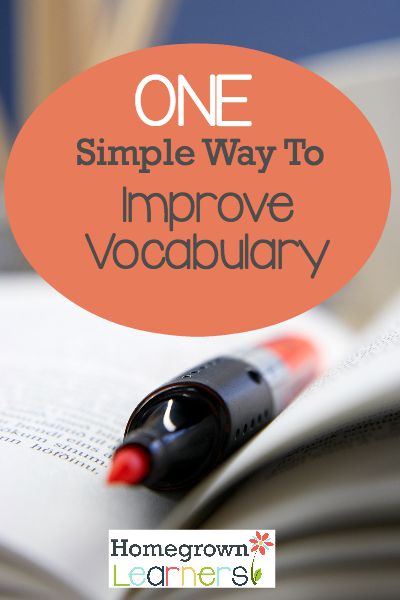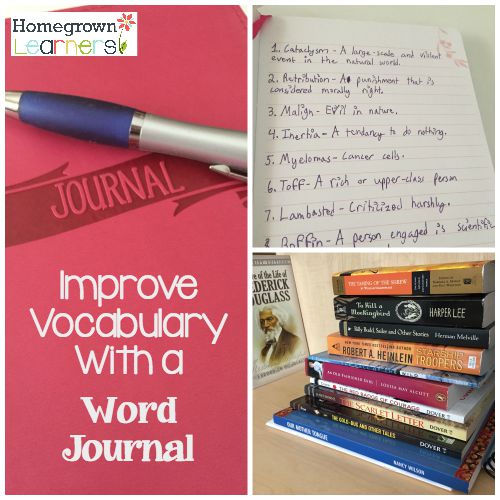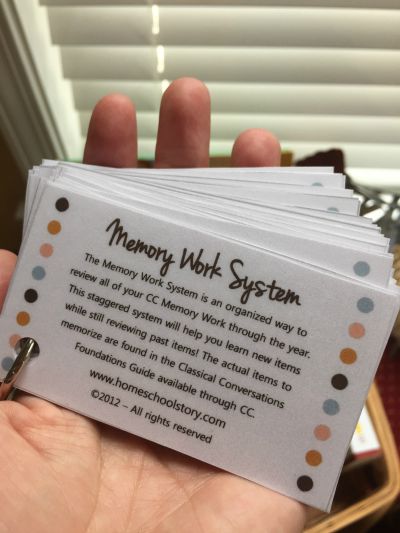In just the first week of school my ninth grader has learned a most valuable skill:
How to READ A BOOK.
Anna is my bibliophile; books are her treasures. She reads and rereads books. They occupy a very special place in her life, and for that I am grateful.
I would have contended that she already knew how to read a book, and I would have been wrong.
One of the assignments for the first day of Challenge I is to read Mortimer Adler's How to Mark a Book.
(If you're not familiar with this essay, it is worth printing and reading. It WILL change the way YOU read a book. It will change the way you teach your older children to read books.)
Something about Adler's simply essay struck a chord with Anna, and she developed her own strategy while reading books. As she began to implement this strategy I told her it would be a GREAT way to improve her vocabulary for the SAT (and for life in general).
Make a Book Your Own
In Adler's essay he states,
“The sign of intelligence in reading is the ability to read different things differently according to their worth. In the case of good books, the point is not to see how many of them you can get through, but rather how many can get through you — how many you can make your own”
Something about this struck me (and I later found, through conversations with my daughter, that it struck her, too).
Anna made the comment to me that she reads so much but sometimes simply skips over words she doesn't know, or lets the CONTEXT of the word give her a clue as to its meaning.
In one of those wonderful homeschooling moments, Anna decided to begin highlighting the words she didn't know, look them up in a dictionary and then make a note of the meaning in the margin.
(In the past, she has done something similar to this, on notecards, and it was very beneficial.)
SO SIMPLE.
She has been reading with her dictionary and favorite highlighters (she's always had an addictions to school supplies), marking any words unfamiliar to her, then noting their meaning in the margin of the book.
*And yes, I believe DICTIONARY SKILLS are important. Some would argue with the advent of online dictionaries and smartphones we don't need to teach dictionary skills, but I disagree.
Start a Word Journal
Parents of teens will sympathize with this.
Sometimes I make a "suggestion" and hope my child will take it to heart - knowing full well that will happen maybe 25% of time.
CAN YOU RELATE?
During a casual conversation in the car (the very best place to make connections with teens, by the way), I asked Anna what she thought about the Adler essay and if she thought there was value to marking a book.
When she told me about highlighting unfamiliar words I suggested she start making a "Word Journal".
"Why don't take one of your journals and see if you can fill it up with new words this year? Imagine how much that will help you on the SAT, in conversation, and in writing papers."
Lo and behold, the Word Journal has been created.
9th Grade Literature List
I KNOW this word journal will be an invaluable tool for her as she dives into the extensive literature list for Challenge I (9th grade):
Looking at the above list gives me great pause.
It's going to be a challenging and memorable first year of "high school".
I'm excited about Anna's Word Journal - excited for the beautiful words she will learn as a result of keeping the journal.
This post is part of our Homeschool Tips & Tricks. Check out a few other "keepers" we've come up with over the years.
How do you improve your big kids' vocabularies? I'd love to know what other strategies you have for broadening vocabulary in your homeschool.













